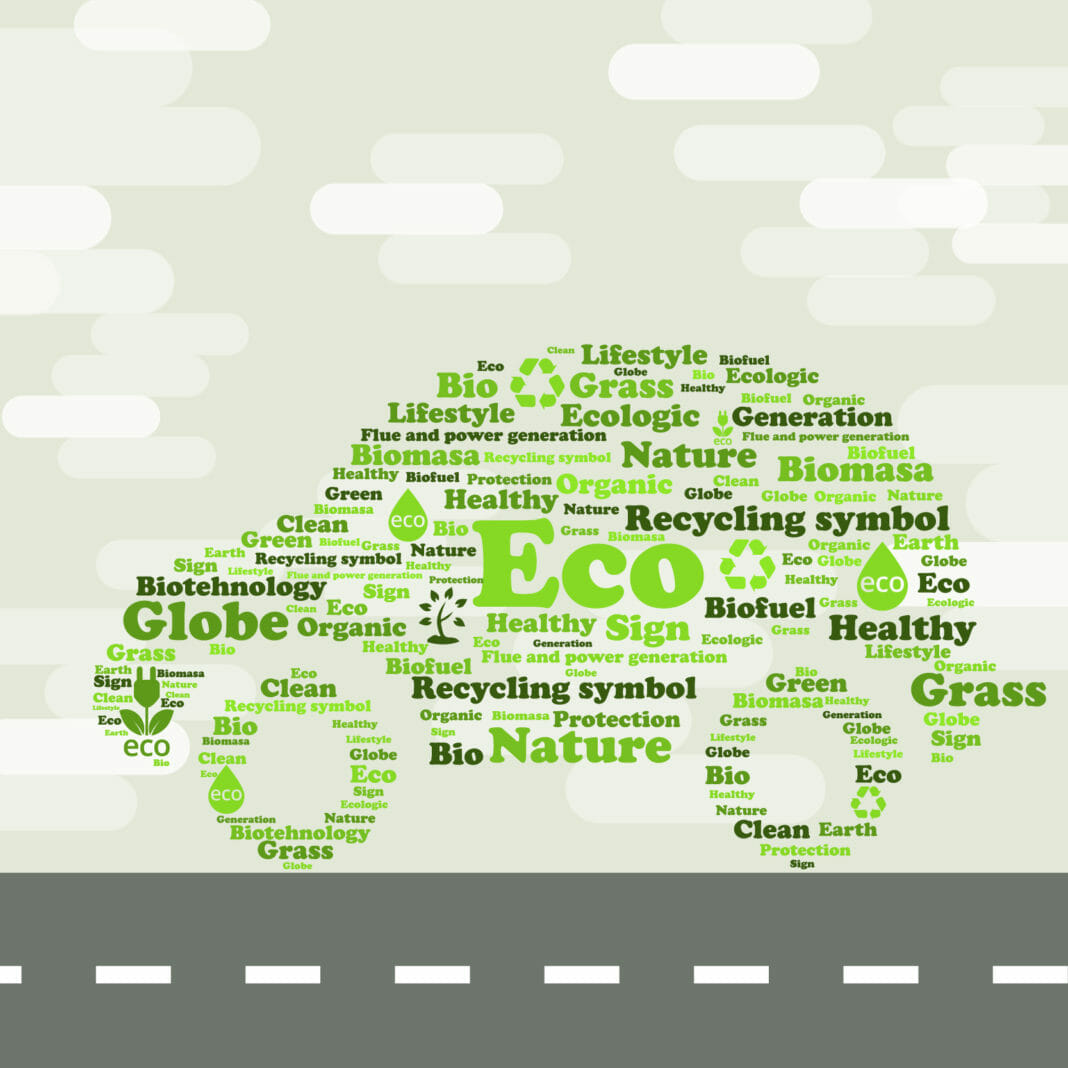The new system will avoid producing more than 50 tons of CO2 and will be used to transport fuel, using blockchain technology
Performing the sale and dispatch of biofuel through blockchain technology is now a fact. The multinational energy company, specialist in hydrocarbons and metal mining BHP, successfully conducted a sales project, in conjunction with the biofuel company GoodFuel, which was transported by the Japanese company NYK using a blockchain system which helps reduce CO2 emissions.
This was reported by spokespeople of BHP, Goodfuel and NYK companies respectively, on February 5th, to the local media. In the press report it was mentioned that the organizations partnered with the technology company BLOC (Blockchain Labs Open Collaboration), which is dedicated to making software for the maritime industry. BLOC was in charge of developing the blockchain technology platform required to the sale of the hydrocarbon. It developed the decentralized ecosystem to work perfectly as a tracking method.
The company GoodFuel provided the fuel for the experiment to be enhanced, NYK transported it and it was received by Frontier Sky, a subsidiary authorized by BHP. The final result of the tests showed that the emission of carbon dioxide in the transport of the biofuel was reduced, using a support platform developed with blockchain.
To clarify some doubts, in the report provided by the companies to the press, it was known that a biofuel produced by GoodFuels was used to transport the material that was manufactured as alternative energies to traditional fuel, which is composed of fossil waste. With this new alternative, there was a reduction of greenhouse gases, equivalent to 125,000 miles traveled by a common car.
Regarding energy-saving policies and environmentally sensitive sustainability, the General Manager of the Dry Seawater Quality Control Group of the Japanese company NYK, Hiroshi Hawagushi, commented that it is very important for companies to position new technologies in the processes of this type of industries to improve performance and offer alternatives which reduce the damage caused to the ozone layer, and global warming.
He also mentioned that it is imperative to exploit the advantages these technologies can have in the near future; hence, conducting this project represented an investment in innovation.
With respect to the details of the system used for the distribution and delivery of these shipments, Deanna MacDonald, CEO of the BLOC Company, informed that they are evaluating the different studies conducted in previous months, testing the system in a real environment. This will allow issuing a detailed report of the delivery of the fuel and recording the movements involved, in order to audit the entire project, for further progress.
In other topics, MacDonald spoke about the blockchain technology used in this area: “This is an important demonstration of how the blockchain technology could play a role in creating a reliable and global MRV system, and building the confidence necessary for further adoption widening of cleaner fuels, both in terms of meeting the 2020 sulfur limit requirements and the IOC decarbonisation objective for 2050”, she explained.
By María Rodríguez










